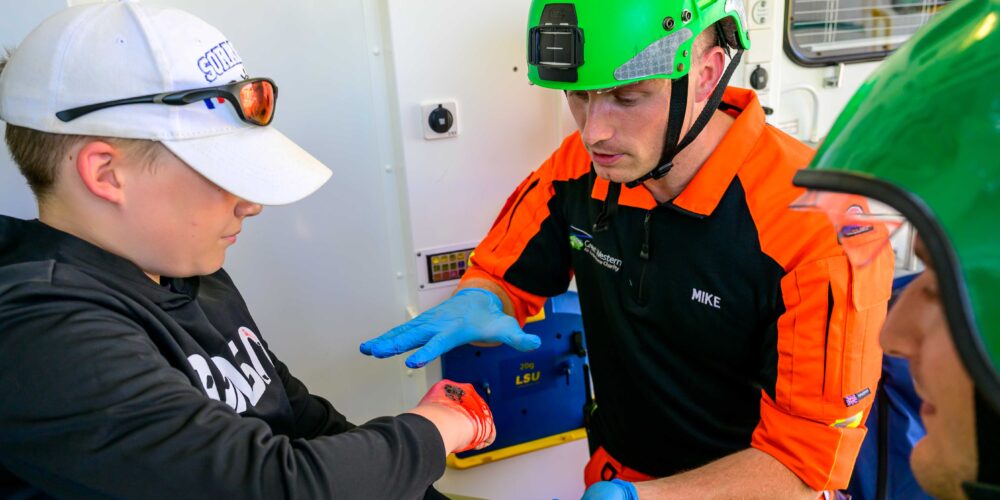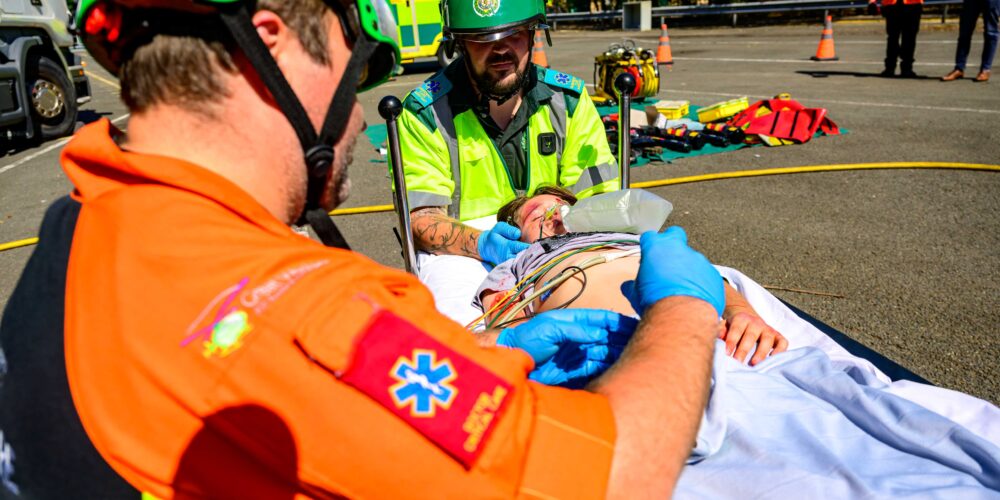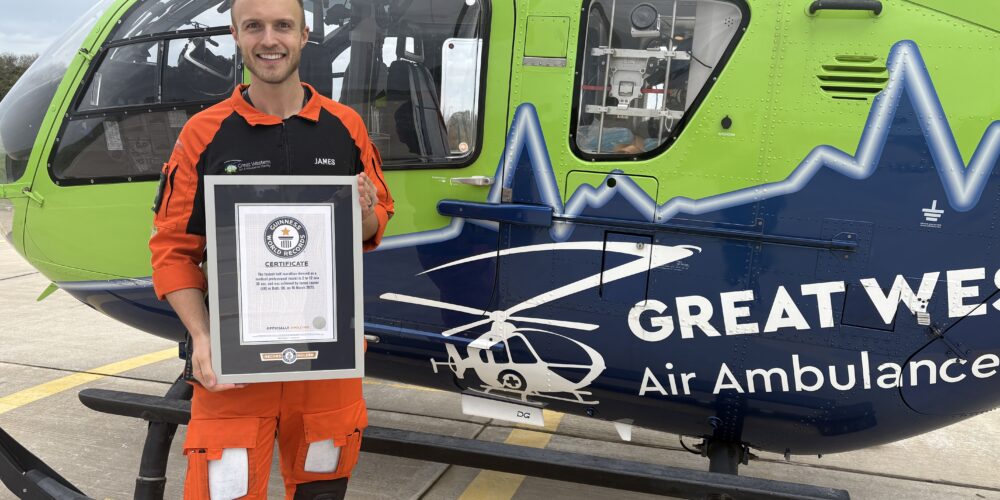
Stuart’s Story
December 14, 2021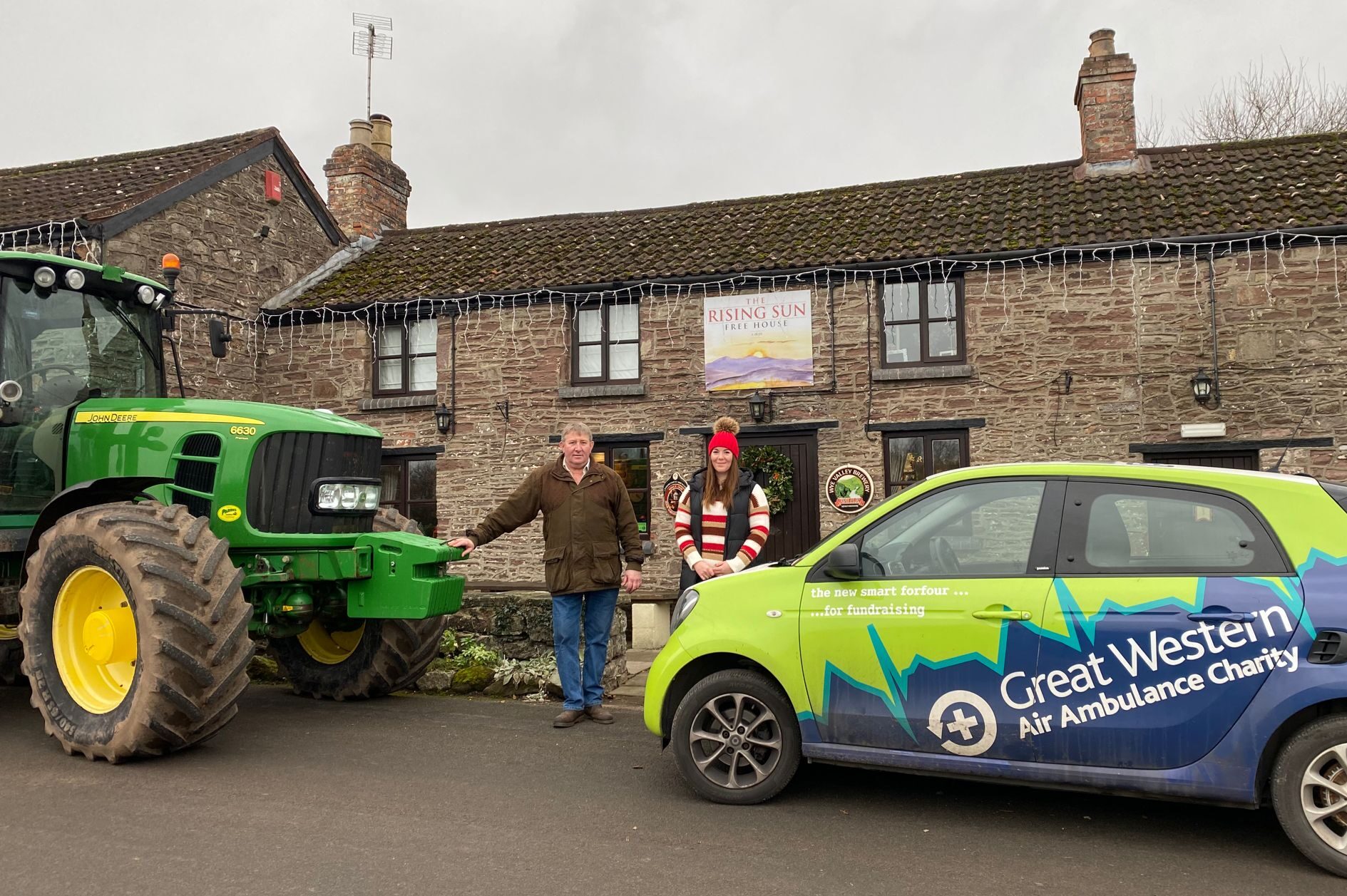
Land of the Rising Sun
December 24, 2021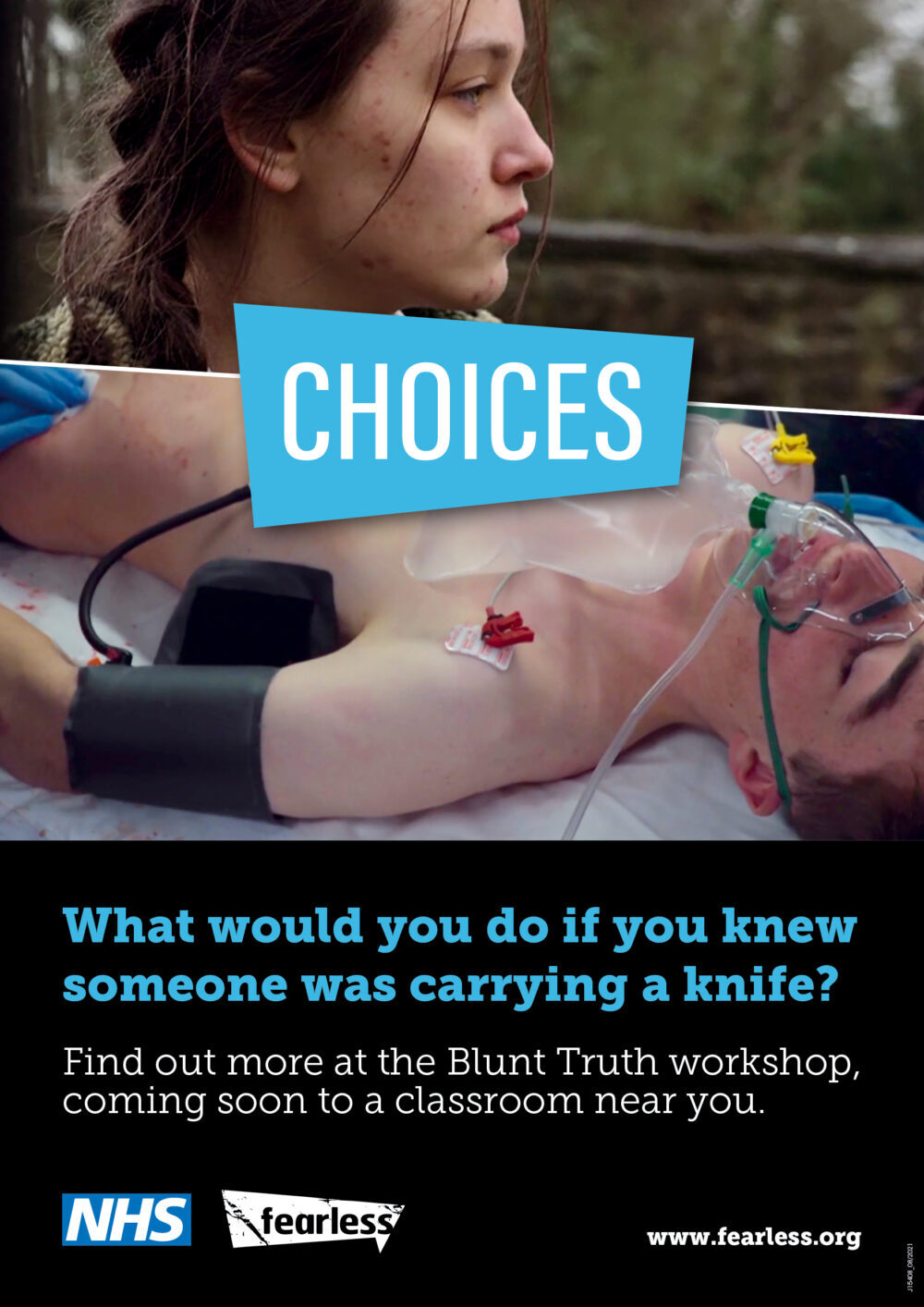

In the first 11 months of 2021, GWAAC has been called to 117 stabbings in our region. That’s an average of nearly 11 every month.
And did you know that 45% of stabbing injuries are caused to the knife owner by their own weapon? This is something we learned from PC Kris Withers, Youth Engagement Officer at Avon and Somerset Police. It’s a startling fact. PC Withers delivered this message to approximately 50 year nine students at Ashton Park School in Bristol on 9th December 2021.
PC Withers is heading up a new initiative called The Blunt Truth. It aims to educate the next generation about the consequences of knife crime, both in a criminal and a health context. GWAAC is excited and proud to be involved.
The best preventative is education
Here at GWAAC, we understand the value of educating the next generation. Our Great Western Heartstarters is a similar initiative that teaches secondary school pupils how to recognise the signs of a cardiac arrest, and how to deliver CPR training.
That’s why we’re proud to be part of this new collaborative project, working alongside Avon and Somerset Police, the NHS, South Western Ambulance Service NHS Foundation Trust (SWASFT), Severn Major Trauma Network, and students at Ashton Park Secondary School in Bristol.
The students and GWAAC helped to make an impactful short film to highlight the consequences of not speaking up about another student carrying a knife. The passion and maturity the students brought to the project were commendable and we hope they feel proud of what they’ve produced.
The film puts young people’s voices at the centre of the debate around knife crime, meaning peers are more likely to sit up and listen. Most importantly, if young people see the significance of reporting someone who is carrying a knife, lives will undoubtedly be saved.
PC Withers said, “What’s great about this project is that the film, which is central to the workshop, was embraced with such passion by the students who created it."
"The fact that the young actors got so involved in the making of the film means it feels authentic and empowers students to think critically about the issues. It’s not just the police or their teachers telling them not to carry knives, the students themselves have created this content and it’s already sparking healthy debates.”
The film forms part of an educational workshop run by PC Withers and his team of A&E Doctors and volunteers from GWAAC.
The workshop at Ashton Park School
The workshop started with an introduction by PC Withers to let the students know what to expect. The room then fell silent as the students watched the seven-and-a-half-minute-long film.
A discussion took place afterward to get the students thinking about whether they’d report seeing a knife on a peer. They were made aware of amnesty bins and ways to anonymously report their suspicions, such as through organisations like fearless.org, the youth arm of Crimestoppers.
Next, the Doctors took over. Dr Rob Walker, an Emergency Medicine Doctor in Bristol, explained what happens from a medical point of view when someone is stabbed. It was a bit of a wake-up call to the students but was handled professionally and sensitively.
Dr Walker got across the point that a situation can suddenly feel frantic and frightening when a large team of Doctors gets to work on a patient. And he explained that if a patient survives, it takes weeks or months to recover, and even then there might be some significant life-changing medical problems to overcome.
The students were asked how long they thought an ambulance would take to reach someone. Answers varied between five minutes and two minutes. Dr Walker said the ambulance service aims to reach the sickest of sick people in eight minutes. But they can’t always make that. And if they can, eight minutes is still a very long time to wait when you’re critically ill. Imagine trying to hold your breath for eight minutes. You wouldn’t be able to.
The workshop then moved on to teaching the students what to do in a knife-related emergency.
A hands-on first aid lesson, written by NHS A&E staff, was delivered by the GWAAC Heartstarters volunteers. The practical showed students how to treat someone with a stab wound, which could potentially save their life.
The workshop came to a close with a Judge making the students aware that it’s not one life ruined when someone is stabbed, it’s two — the victim and the offender. So the best thing a student can do if they see a knife on a peer is to report it.
The main message
The overriding message for the students was that by speaking up, they’ll save two lives. And they won’t have to live with the guilt of staying quiet.
Dr Walker said: "Sadly, in emergency departments, we see the full tragedy of knife crime, from the people who are injured, their devastated families and, in some cases, their grieving relatives. The workshop is part of a larger, regional violence reduction initiative in Bristol and the surrounding area. We are really excited to work in collaboration with our police, ambulance, teaching and charity colleagues to design and deliver these sessions, which we hope will stem the tide of knife related violence in our area and save lives. Through the workshops we will empower young people to report knives and teach them life-saving first aid skills."
Future plans
The Blunt Truth project is in its infancy but feedback from students and teachers has been hugely positive. Both students and teachers have embraced the valuable and inspirational content.
Initially, the workshops will be delivered to students aged twelve to fourteen. Feedback and insights from students and teachers will continue to be gathered to help refine the program going forwards. It is hoped that the workshops can be offered to more schools across Avon and Somerset during the 2021/2022 academic year.
Supporting your Local Air Ambulance
Our work on projects like The Blunt Truth and the Great Western Heartstarters initiative is only part of what we do as a charity.
GWAAC receives no day-to-day funding from the Government or National Lottery, yet needs to raise over £4 million each year to stay operational, relying on the generosity and support of the local communities it serves to keep it flying.

